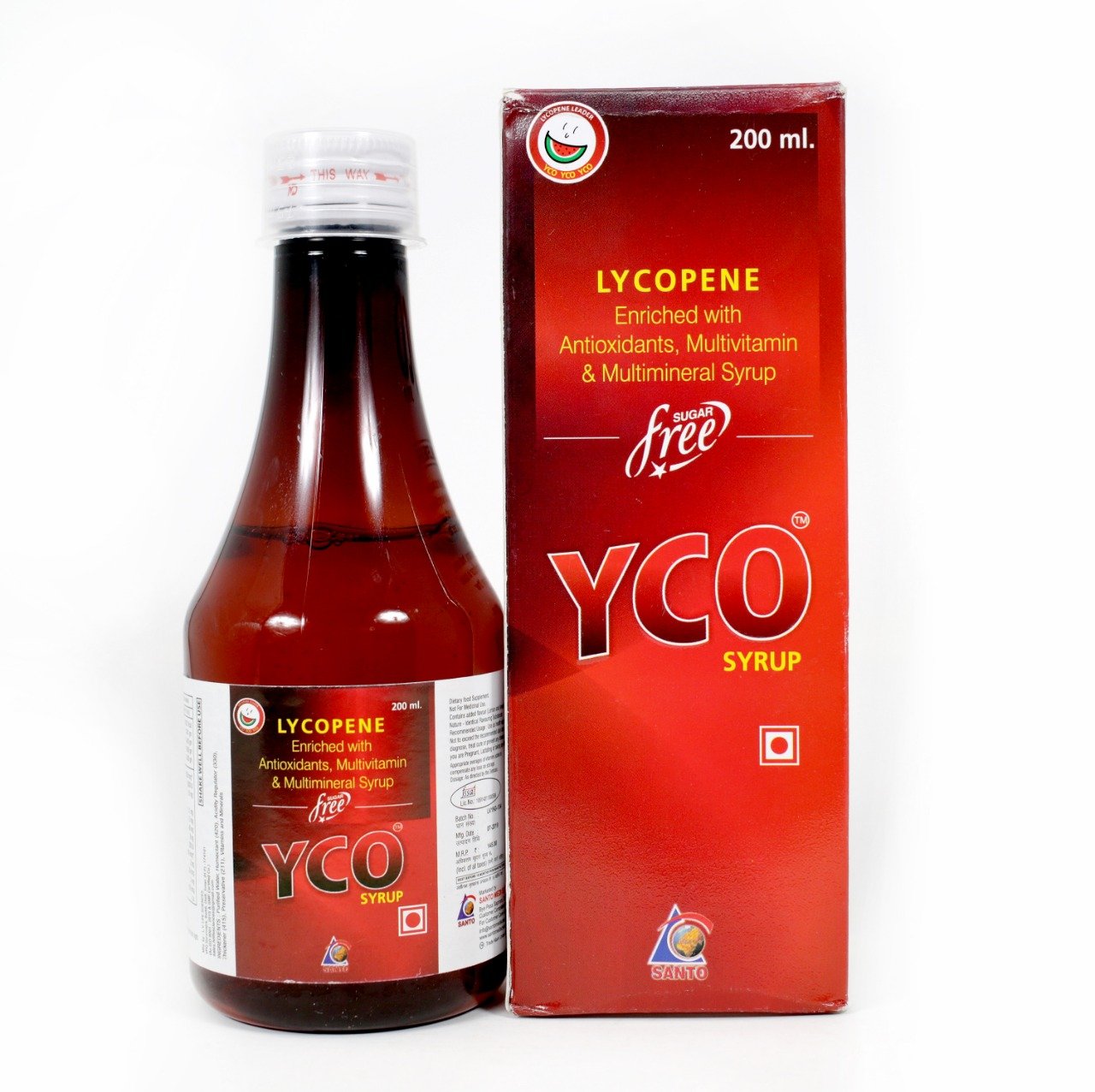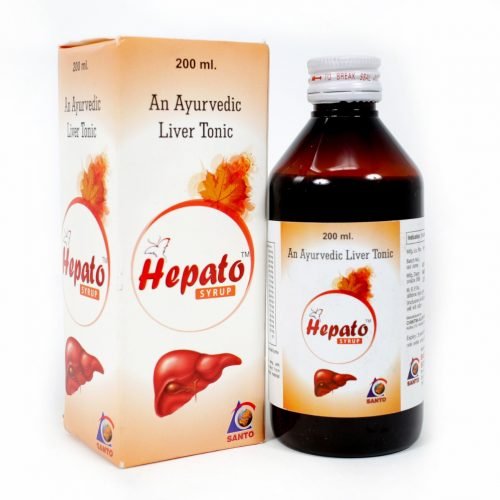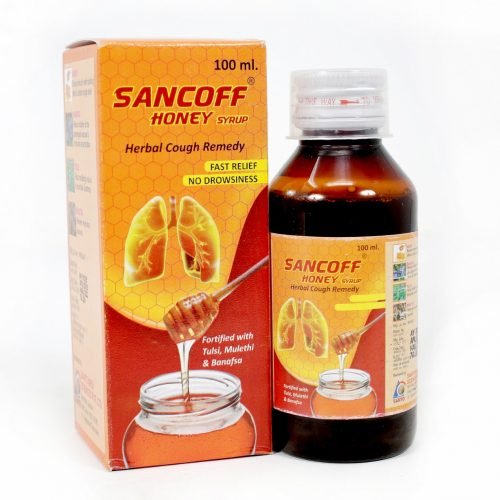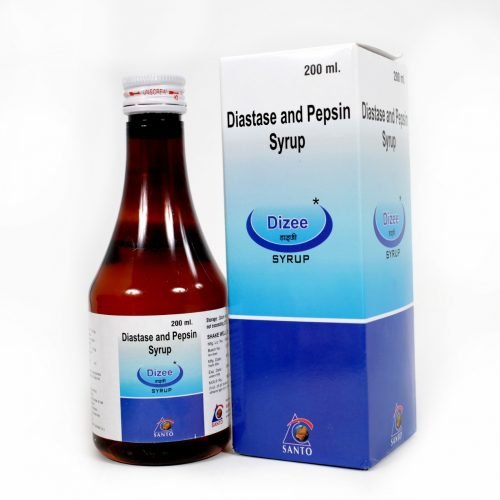- 01792-220191, 09839141955, 06390845955
- SCO No. 2 & 3, Block-B;Office No.-249A; 2nd Floor, Motia Plaza Baddi-173205; Distt. Solan (H.P.)

VOMITO (Drops)
September 19, 2019
ZINGER (SYRUPS)
September 19, 2019YCO (SYRUPS) (FOOD PRODUCT)
| Brad Name | Yco (Syrups) (Food Product) |
| Composition | Lycopene 10 % (1000 mcg)+ Vitamin-A 2000 I.U + Vit B1 1.0 mg + Riboflavine 1.1 mg + Pyridoxine Hcl 1.5 mg + Ascorbic Acid 40 mg + Vitamin E 8 mg + Vit D3 200 I.U + Copper Sulphate 500 mcg + Manganese Gluconate 2 mg + Sodium Selenate 35 mcg + Zinc Gluconate 3 mg + Potassium Iodide 100 mcg / 10 ml Syrups |
Lycopene 10 % (1000 mcg)+ Vitamin-A 2000 I.U + Vit B1 1.0 mg + Riboflavine 1.1 mg + Pyridoxine Hcl 1.5 mg + Ascorbic Acid 40 mg + Vitamin E 8 mg + Vit D3 200 I.U + Copper Sulphate 500 mcg + Manganese Gluconate 2 mg + Sodium Selenate 35 mcg + Zinc Gluconate 3 mg + Potassium Iodide 100 mcg / 10 ml Syrups
Lycopene is a naturally occurring chemical that gives fruits and vegetables a red color. It is one of a number of pigments called carotenoids. Lycopene is found in tomatoes, watermelons, red oranges, pink grapefruits, apricots, rosehips, and guavas. In North America, 85% of dietary lycopene comes from tomato products such as ketchup, tomato juice, sauce, or paste. A serving of fresh tomatoes contains between 4 mg and 10 mg of lycopene, while one cup (240 mL) of tomato juice provides about 20 mg. Processing raw tomatoes using heat (in the making of tomato juice, tomato paste or ketchup, for example) actually changes the lycopene in the raw product into a form that is easier for the body to use. The lycopene in supplements is about as easy for the body to use as lycopene found in food.
People are trying lycopene for lowering blood pressure and high cholesterol, for heart disease and cancer, and many other conditions. However, there is no scientific evidence to support many of these uses.
Dosage
The appropriate dose of lycopene depends on several factors such as the user’s age, health, and several other conditions. At this time there is not enough scientific information to determine an appropriate range of doses for lycopene. Keep in mind that natural products are not always necessarily safe and dosages can be important. Be sure to follow relevant directions on product labels and consult your pharmacist or physician or other healthcare professional before using.
Side effects
Lycopene is LIKELY SAFE when taken by mouth in appropriate amounts. Daily supplements containing up to 120 mg of lycopene have been used safely for up to one year.
Special Precautions & Warnings:
Pregnancy and breast-feeding: Lycopene is LIKELY SAFE during pregnancy and breast-feeding when taken in amounts commonly found in foods. However, lycopene is POSSIBLY UNSAFE when taken as a supplement during pregnancy. In one study, using a specific lycopene supplement (LycoRed, Jagsonpal Pharmaceuticals, India) 2 mg daily, starting between weeks 12 and 20 of pregnancy and continuing until delivery, increased the rate of premature births and low-birth-weight babies. But in another study using the same lycopene supplement, these problems weren’t seen. Not enough is known about the safety of lycopene supplements during breast-feeding. If you are pregnant or breast-feeding, avoid using lycopene in amounts greater than those typically found in foods.
Drug interaction
We currently have no information for LYCOPENE Interactions.
Uses & Effectiveness?
Possibly Ineffective for
- Bladder cancer. Research suggests that there is no link between lycopene consumption in the diet or lycopene blood levels and the risk for bladder cancer.
- Diabetes. Research suggests that increased lycopene consumption in the diet does not decrease the risk of developing diabetes.
- Parkinson’s disease. Research suggests that increased lycopene consumption in the diet does not decrease the risk of developing Parkinson’s disease.





